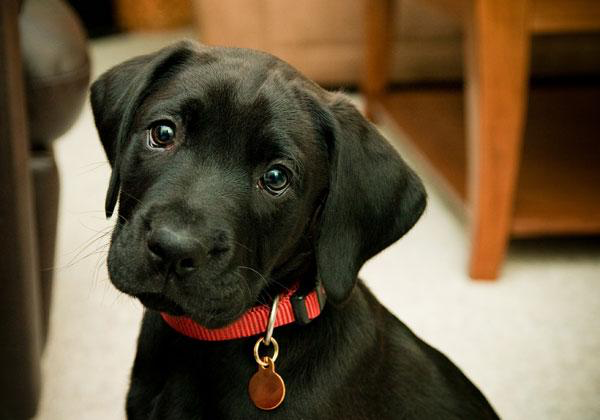Training Talk With Leslie Hayes: Introducing A Puppy To An Older Dog
Positive Reinforcement Dog Training articles. She is also the proud guardian of two curly coat retrievers. Submit your dog training questions to Training Talk via our Contact Us form. Due to the high volume of questions we receive, we cannot respond to everyone.
Question
We just got a new female puppy Shih Tzu, She’s about 7 weeks old. We also have male Shih Tzu who is 2 years old. Our older dog seems to be afraid of the puppy and wants no part of her. We have been showing him lots attention but he still doesn’t seem himself. What should we do? – Danielle via email
Answer
Introducing your new puppy to your adult dog can be a trying experience, indeed. Puppies are a handful for owners and adult dogs in the household. Because most puppies are insatiably curious and haven’t refined their “manners”, they usually wind up bothering adult dogs to no end. Most adult dogs will growl or snarl at a recklessly playful puppy in order to the set boundaries of acceptable behavior. This is normal and is actually a positive thing. That being said, never allow a puppy and an adult dog to be left alone together. Give your adult dog plenty of time away from the puppy along with quality time alone with you and your family whenever time permits.
Of course, choosing the correct puppy supplies is key. Utilize a Dog Crate or ex pen when you cannot actively supervise your puppy. This will help housebreak your puppy as well as keeping her out of danger when you cannot give her your full attention (you’ll also keep the puppy out of your adult dog’s hair!)
Never allow your puppy and your adult dog to eat out of the same Dog Bowl, as this may lead to resource guarding. Feeding each dog in a separate crate is a great way to keep food fights to a minimum. This is also true if you give your dogs raw bones or chews.
Set up structured times throughout the day for your new puppy and your adult dog to interact. A great time to do this is during your daily walks. Most adult dogs love walk time so you’re capitalizing on a positive experience. And, because there’s so much going on in the environment, the opportunity for hostilities to emerge between the two dogs is greatly diminished.
Don’t expect your puppy and your adult dog to hit it off right away. Relationships take time to develop and each dog needs a chance to learn about the other. While some housemates may never become “best friends”, with enough time and proper management most dogs living in the same household will learn to accommodate each other peacefully.
You can also find a professional dog trainer in your area at the Association of Pet Dog Trainers, or a professional dog walker/sitter at the National Association of Professional Pet Sitters.
PupLife Amazon Fave (Sponsored)
